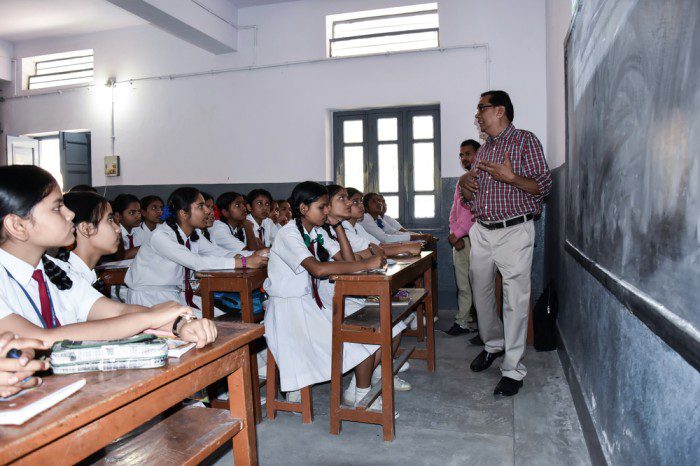Sangli in Maharashtra has become the first district in the country where every student is being assessed individually. In an innovative step to take students learning to the next level, Sangli district administration in Maharashtra, under the leadership of IAS officer Jitendra Dudi, has started a Learning Improvement Programme (LIP), which asses and evaluates the learning of children studying in Zilla Parishad schools and improvesit accordingly.
With this initiative, in only 6 months, the educational level of one lakh children studying in government schools has improved by 15 to 17 percent, and now this model is being discussed all over the country. The special thing is that this initiative has become possible due to 5500 teachers and parents of more than 1.25 lakh children of the district. Its success is a case study in teaching-learning innovation.
Indian Masterminds interacted with 2016-batch IAS officer and CEO of Sangli Zilla Parishad, Mr. Jitendra Dudi, to get more details about his game changing initiative, being implemented with help from Pratham Foundation.
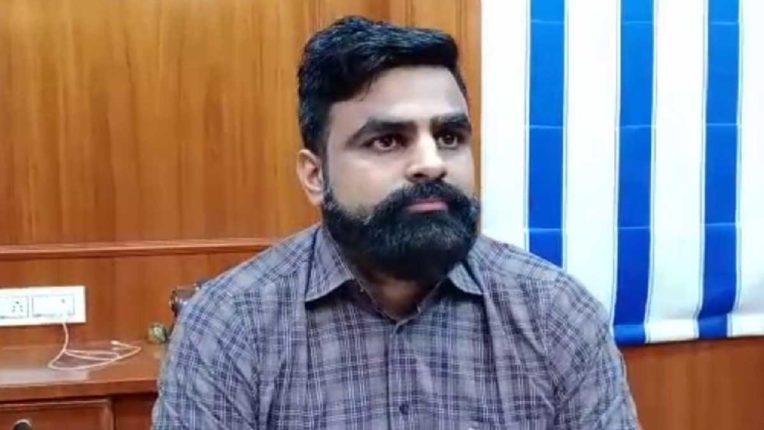
LEARNING IMPROVEMENT PROGRAMME
It all started in December 2021. Mr. Dodi was surprised when he saw the National Achievement Survey (NAS). He saw that the students of Maharashtra are better than the national average, but still they get fewer marks.
He said, “We have 1688 Zilla Parishad schools here. In these schools, 1st to 8th standard students study in 3 languages, Marathi, Kannada and Urdu. When I interacted with the students, I came to know that they do not have the basic knowledge of mathematics and languages. So I started the Learning Improvement Programme, and results are very positive.”
This year, Rs 45 lakhs have been allocated for this initiative alone. Teachers are also being trained in languages. “Generally, when we give teachers ready-to-use content, their take-up is low. We asked them to develop their own content. We decided to use local stories, involved mothers, who became our volunteers. Now, we can assess each child at every level about their learnings,” the officer said.
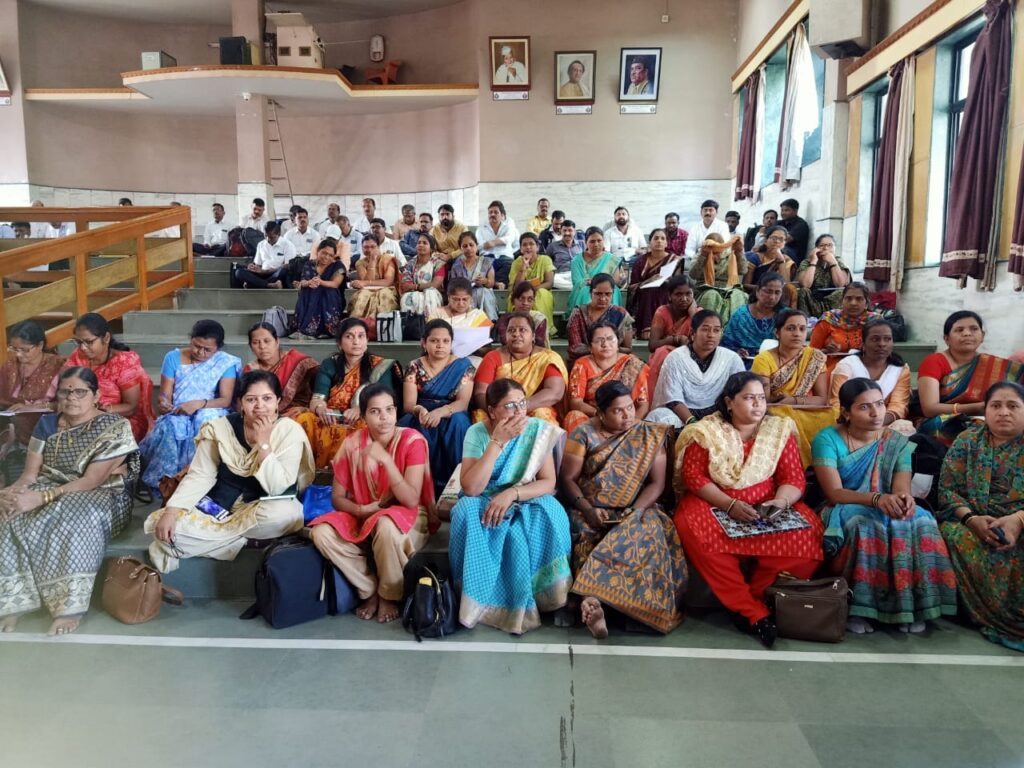
EXECUTION
Around 250 teachers were selected for this programme, who distributed self-prepared study material among the students, while separate classes were conducted in the summer for older children. Then, based on the content prepared by these teachers, about 5500 teachers of the district were trained along with the willing parents of students in each block.
Mr. Dudi said, “Each child is assessed individually by creating report cards and distributing them to classroom teachers. Teachers are encouraged to be creative and develop strategies to teach basic language and numeracy skills. We have also made a WhatsApp group to look over these details.”
An attempt was made to give practical knowledge to children through daily use items, and a radio programme was also started to increase the interest of children in education.
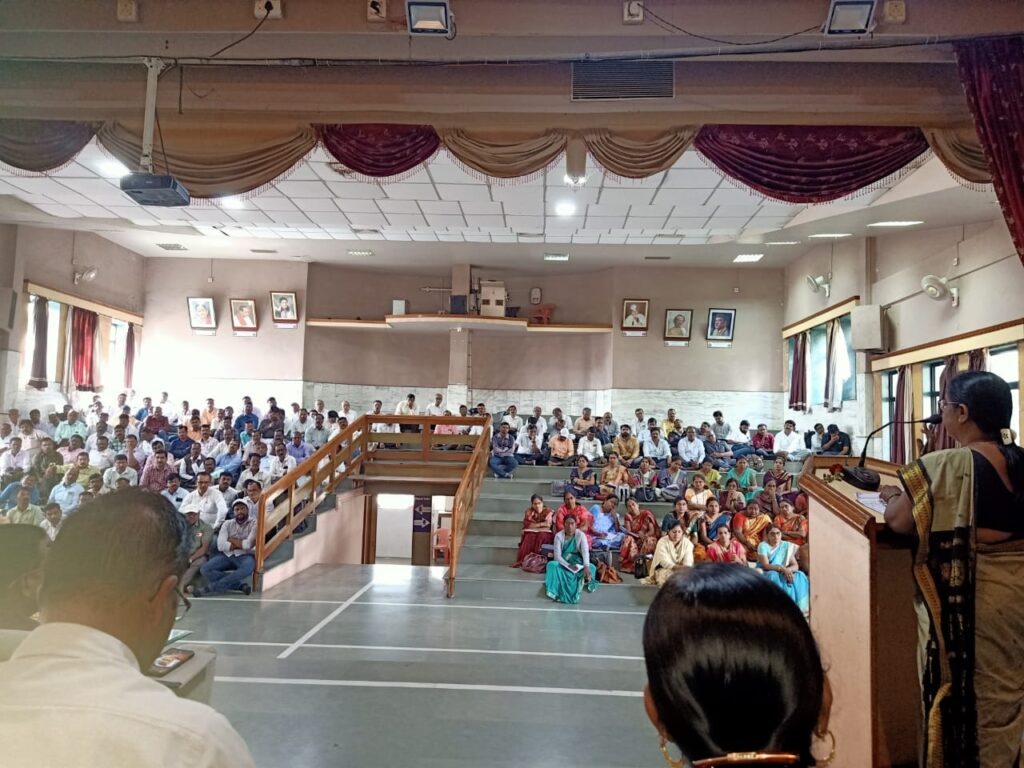
ASSESSMENT
The educational level is assessed on the basis of first and second grade children. According to the set standards, 95 percent of the children should know the language (according to the state), but even 50 percent of the children of Sangli did not live up to it before the training. Similarly, 85 percent of the children of second grade should know multiplication, division, addition and subtraction, but more than 50 percent of the children could not do it. Eighty percent of the children should be able to read a paragraph in English, but 50 percent of the children could not read it.
FINDING
As a result of all these efforts, the children were re-evaluated after 6 months and it was found that the 79 percent children studying in class 3 to 5 could now read the books, and it has further increased by 9 percent. While there was a 17% increase in the number of children in Class 3 who could now solve simple maths problems. And there has been an improvement of at least 10 percentage points in grades 4 and 5.
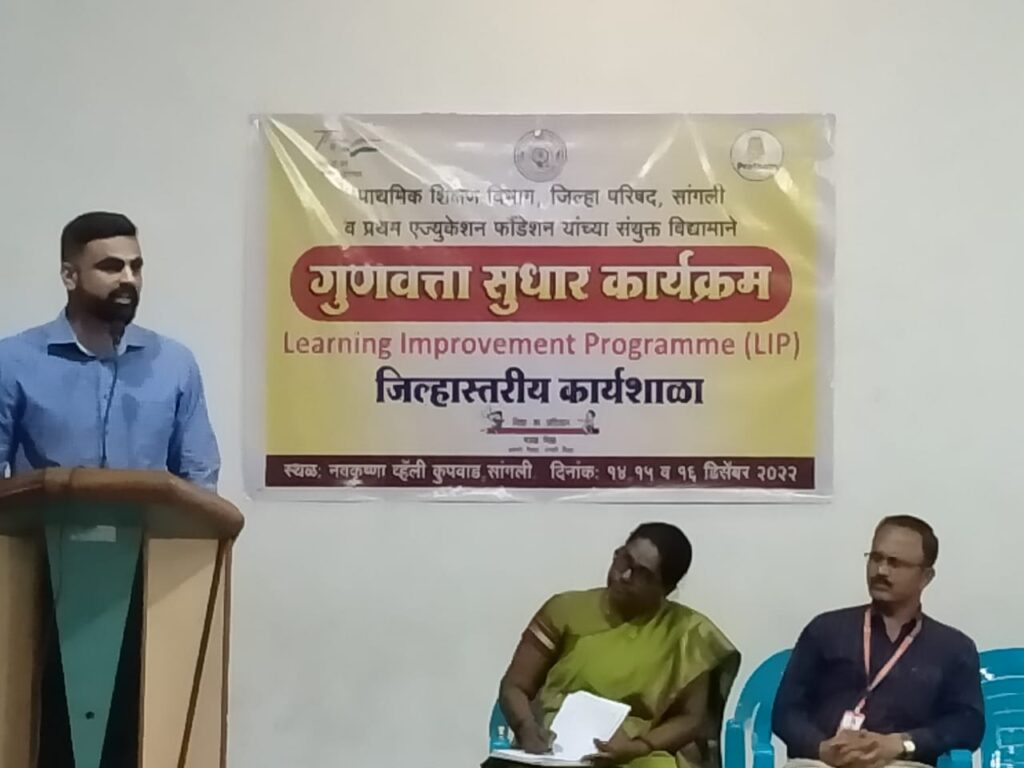
Mr. Dudi said that he studied the pattern being followed in kindergarten schools in Delhi, Kerala and Pune. There are 694 villages in Sangli and a target has been set to completely upgrade one school in each village. He said, “In the first phase, the work of 171 schools has been completed. There are 143 schools in the second phase. In this way, the target will be accomplished within three to four years. The Maharashtra government has also taken note of the curriculum prepared by the teachers and the innovation of the Happiness Class.”
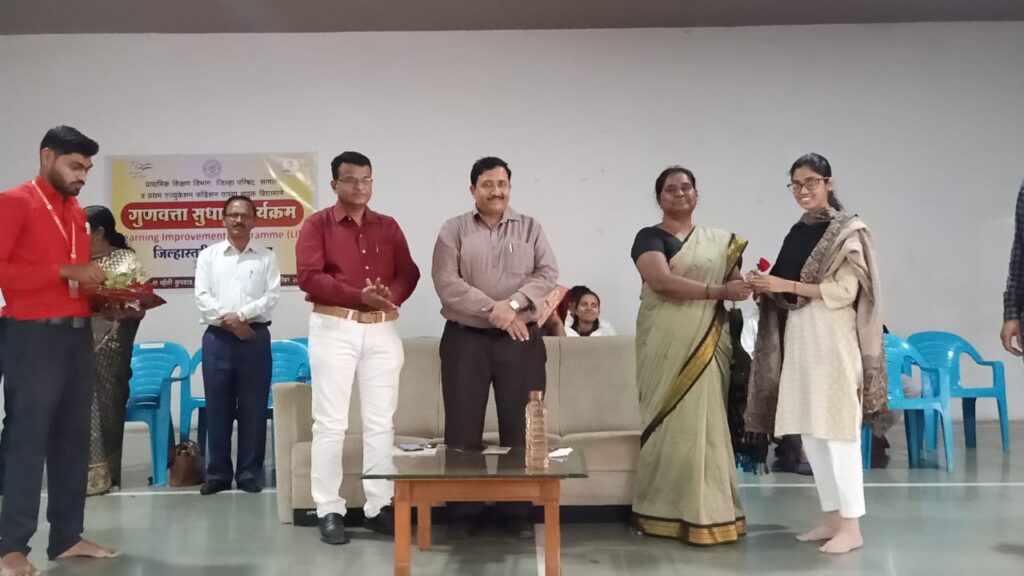
FUTURE
He further said that in future, their goal is to score above 85% or 90% in all aspects for all the students in the next survey in February-March 2023.

